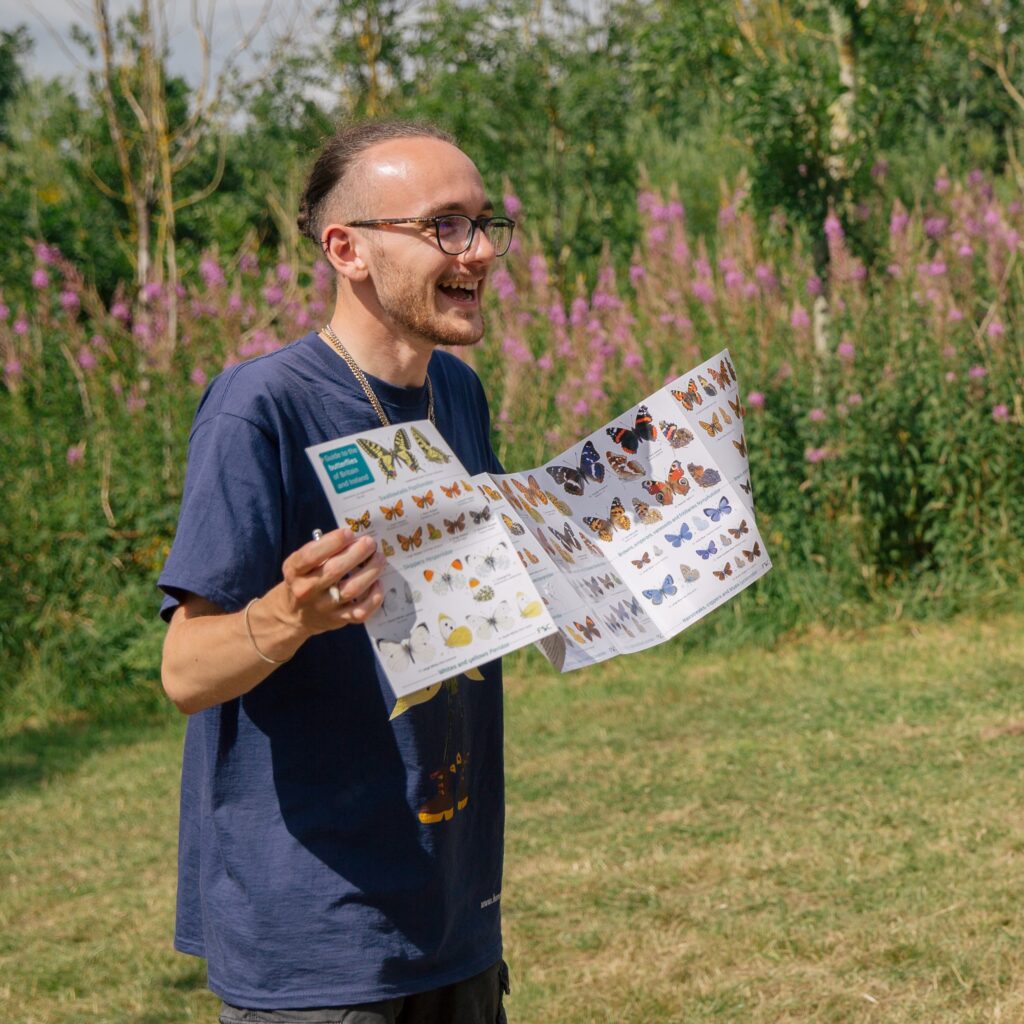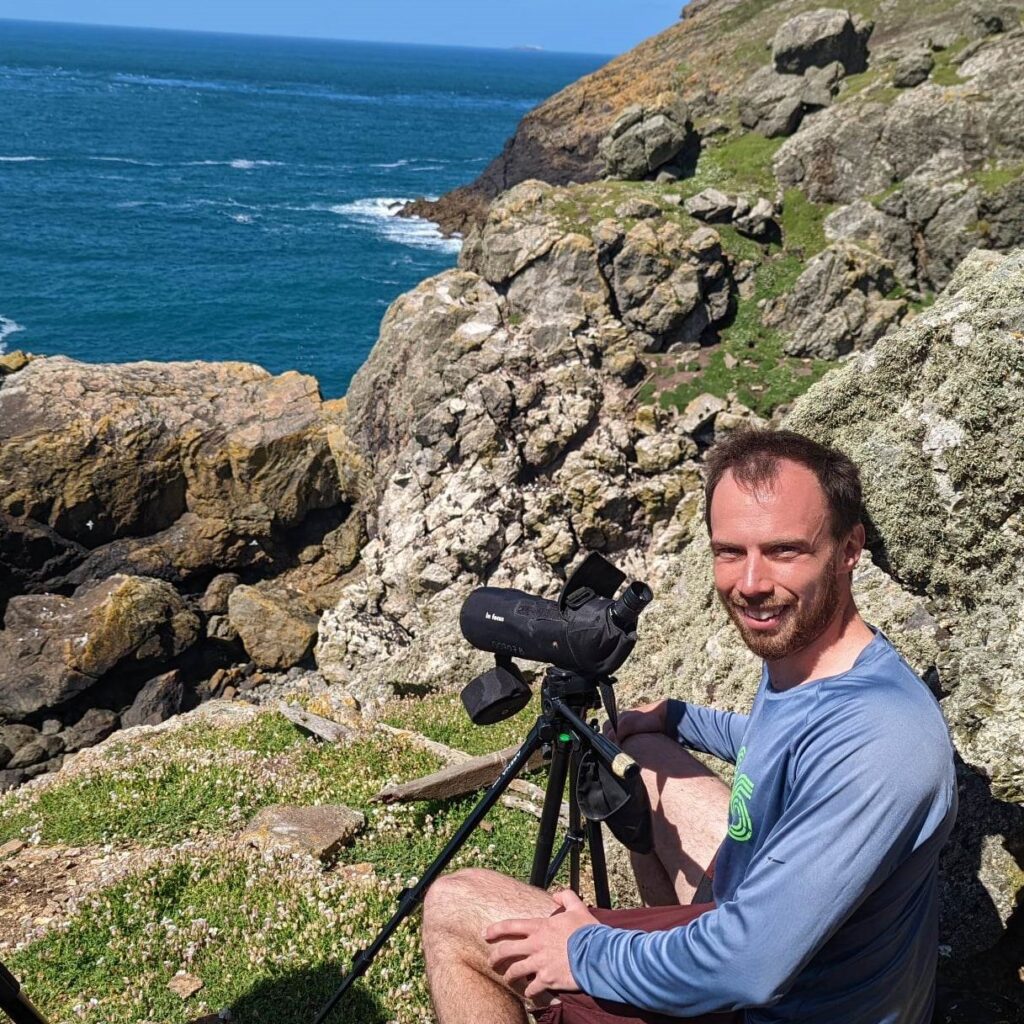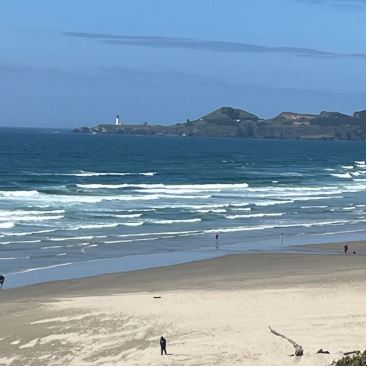PhD: Measuring the impact of rewilding on pollinator biodiversity: what can machine learning tell us? Location: University of Nottingham Email: mbygws@nottingham.ac.uk Twitter: https://twitter.com/GrahamSmithEnto I completed a BSc in Biology at the University of Nottingham, graduating in 2019, my primary research focused on the population ecology of the European Glowworm (Lampyris noctiluca) in Sherwood Forest. Following […]
Read More
Project title – Promoting a nature-positive future: how to measure biodiversity to assess habitat restoration success Location – University of Nottingham Email – adam.martin@nottingham.ac.uk Bio – I completed my MSc in Conservation and Biodiversity at the University of Exeter’s Cornwall campus. My main thesis looked into the impacts of climate on the breeding success of seabirds using […]
Read More
Project: Bird life in the Anthropocene: understanding convergent adaptation to urbanisation Location: University of Nottingham Email: Marina.MartinMaroto@nottingham.ac.uk Linkedin: https://www.linkedin.com/public-profile/settings?lipi=urn%3Ali%3Apage%3Ad_flagship3_profile_self_edit_contact-info%3BDFFmYPMEQCaoXEZBhUYzXg%3D%3D My research focuses on how anthropogenic change influences the evolution of bird species. Urbanisation has significant impacts on global biodiversity, altering the habitats, behaviours, and phenotypes of countless species. Therefore, it is crucial to understand how […]
Read More
Project title: Restoring oil palm rivers: assessing the effects of riparian re-vegetation and in-channel modifications on biodiversity and functionality Location: University of Nottingham Email: Jake.dimon1@nottingham.ac.uk Twitter: @JakeDimon97 Biography I completed my undergraduate degree in BSc Biological Sciences (Zoology) at Cardiff University in 2019 and my master’s degree in MSc Conservation Biology at the University of Derby in […]
Read More
PhD: The effects of environmental metals on the spread of antimicrobial resistance genes in the stickleback skin microbiome Location: University of Nottingham Email: Francis.Gyapong@notingham.ac.uk Personal homepage/Twitter social media contact details: Twitter: (1) Gyapong Francis (@F_Gyapong) / X (twitter.com) Lab page: Lab Members | The Whelan lab LinkedIn: (7) Francis Gyapong | LinkedIn My journey tackling […]
Read More
Applications are invited for a PhD studentship within the NERC-ENVISION Doctoral Training Partnership, co-funded by JBA Trust, with a project entitled: “Modelling extreme sea states in a changing climate”. Coastal systems are extremely important for the natural environment worldwide. Waves are among the most important physical drivers for their evolution. Climate change involves transformation in […]
Read More
The Pantanal is the world’s largest tropical wetland and home to numerous endangered and threatened species. It is also increasingly impacted by human activities, particularly cattle ranching. In recent years, it has suffered severe wildfires and altered hydrology. The impacts of these changes on the Pantanal are understudied, yet have global significance given the wide […]
Read More
Monitoring biodiversity is a major research focus, with the current upsurge in initiatives to finance biodiversity conservation (e.g. Target 19, Kunming–Montreal CBD). Measurements must be transparent, repeatable, efficient and auditable. Accordingly, researchers have developed visual (imagery), auditory (sound recording), genetic (eDNA) and structural (LiDAR) sensing technologies for biodiversity assessments. These focus on species diversity or […]
Read More
There are myriad examples of amazing evolutionary adaptations, from the beaks of finches to antimicrobial resistance, that have been shaped by selection arising from natural processes or the effects of humans on the environment. These have been studied in detail, and can make evolutionary adaptation seem inevitable. But natural selection is not all powerful: sometimes […]
Read More
Landslides are a persistent and widespread geohazard in Indonesia, causing tens to hundreds of deaths and widespread infrastructure damage on a yearly basis (e.g. Froude and Petley 2018). Landslide triggers are multiple and complex, ranging from seismic shaking and volcanic activity to intense rainstorms. Rainfall-triggered landslides are the most frequent and widely distributed. The intense […]
Read More










